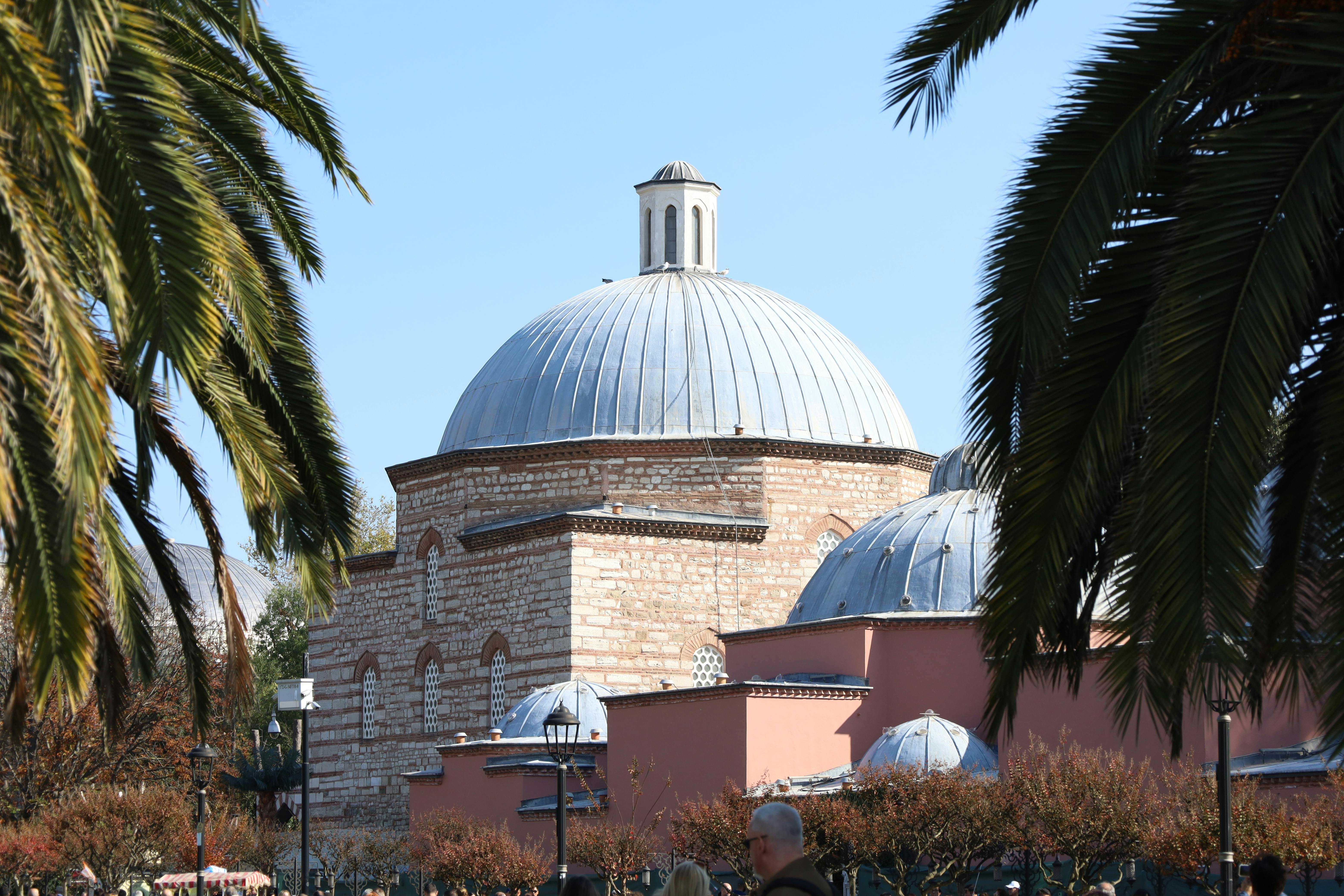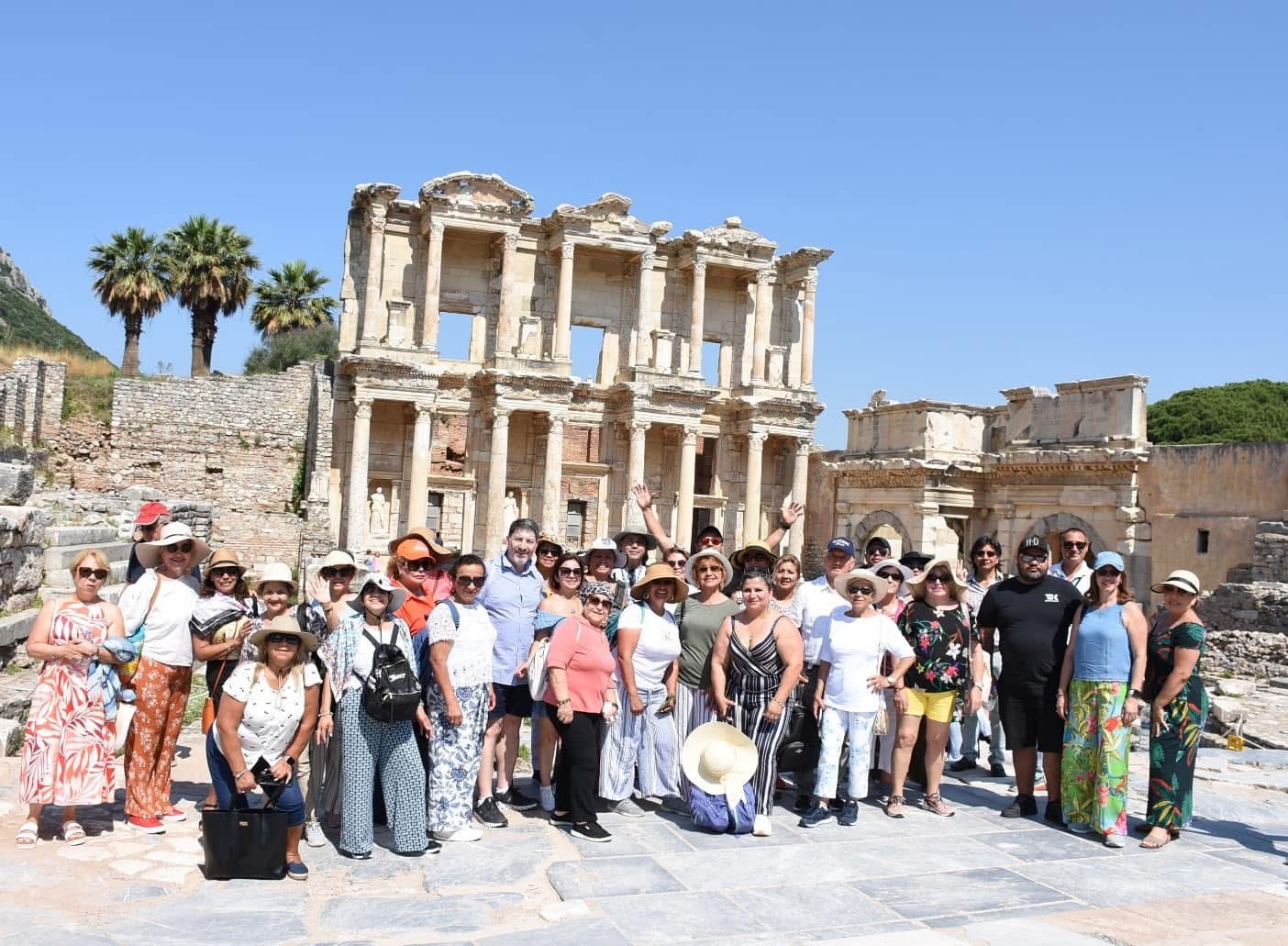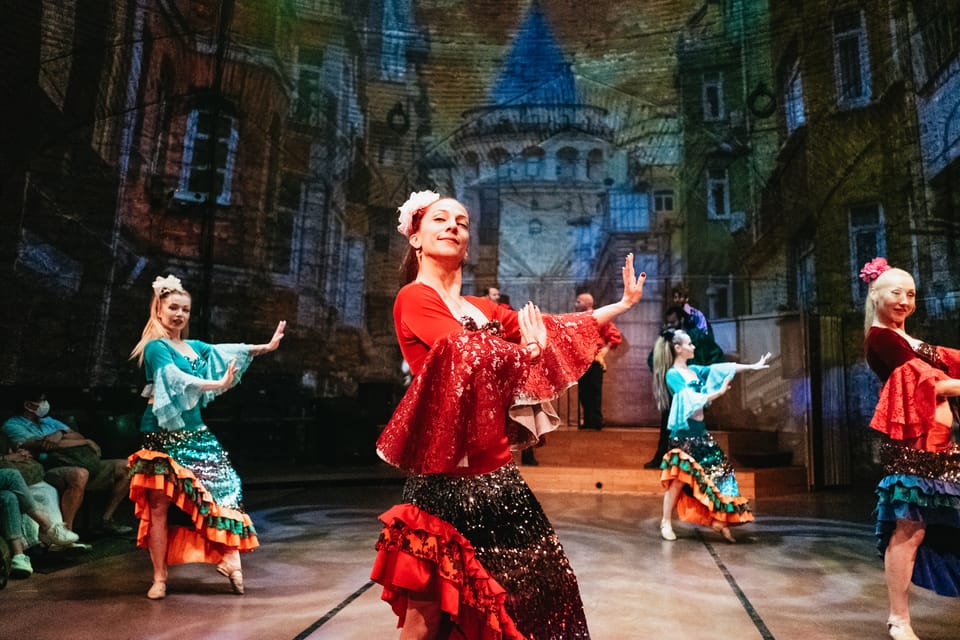
The Ultimate Hamam Experience in Istanbul: A Journey into Turkish Bath Culture
Blog Content: The Ultimate Hamam Experience in Istanbul (2025 Guide)
Introduction
Visiting Istanbul isn’t complete without experiencing a traditional Turkish bath, or hamam. Steeped in centuries of Ottoman and Byzantine history, hamams are more than just places to cleanse the body — they offer spiritual renewal, relaxation, and a deep connection to Turkish culture.
Whether you're looking for luxury, authenticity, or a unique wellness experience, Istanbul has something for everyone. This guide walks you through everything you need to know about hamams in Istanbul: what they are, what to expect, where to go, and why you shouldn’t leave without trying one.
What Is a Hamam?
A hamam (also spelled "hammam") is a traditional Turkish bathhouse with roots in ancient Roman bath culture, adapted and refined by the Ottomans. It's a place for physical and spiritual cleansing, combining:
Steam bathing in a hot marble room
Body scrubbing (kese) by an attendant
Foam massage with warm, scented soap
Followed by relaxation in a cool room
The architecture usually includes a central dome, marble benches, and heated stone platforms (called göbek taşı), offering a tranquil and historic setting.
What to Expect in a Turkish Bath
Don’t worry if it’s your first time — here’s what usually happens in a hamam:
Changing Room: You’ll receive a peştemal (a traditional towel) and be guided to a locker or cabin.
Steam Room: Relax and sweat in a hot, steamy marble room to open your pores.
Scrub & Massage: A bath attendant (tellak for men, natır for women) scrubs off dead skin with a kese glove, then massages your body with foam.
Rinsing: You’ll be washed with bowls of warm water.
Relaxation: After the treatment, you’re free to rest, sip tea, or enjoy a cool-down session.
Some hamams also offer oil massages, facial masks, and aromatherapy at an additional cost.
Famous Hamams in Istanbul
Here are some of the most popular and historical hamams in Istanbul worth visiting in 2025:
1. Çemberlitaş Hamamı (Old City – Sultanahmet)
Built in 1584 by the great architect Sinan. Perfect for tourists seeking a true Ottoman experience near historical landmarks.
2. Ayasofya Hürrem Sultan Hamamı
A luxurious hamam right between Hagia Sophia and the Blue Mosque. Recently restored, offering a premium and elegant service.
3. Kılıç Ali Paşa Hamamı (Tophane/Karaköy)
A beautiful architectural gem built for Ottoman sailors. Modern yet traditional.
4. Cağaloğlu Hamamı
One of the last great historical hamams of Istanbul, featured in many travel magazines. UNESCO heritage-listed.
5. Süleymaniye Hamamı (Men only)
Attached to the Süleymaniye Mosque complex. Offers a deeply traditional experience.
Tips for First-Time Hamam Visitors
Bring flip-flops (or they may be provided).
Don’t be shy! Nudity is part of the tradition, but you're always covered with a towel.
Go early in the day for a more relaxing experience.
Communicate your comfort level. Staff are used to tourists and can adjust pressure or steps.
Drink water afterward — the heat can dehydrate you.
Tipping is customary for attendants (around 10–20%).
How Much Does a Hamam Cost in 2025?
Prices vary widely depending on the hamam’s location, historical value, and luxury level:
Budget Hamam: 300–500 TL
Mid-range: 700–1,000 TL
Luxury / Tourist Hamams: 1,500–3,000 TL or more
Most packages include basic scrubbing and soap massage. Optional services like aromatherapy or private rooms may cost extra.
Why You Should Try a Hamam in Istanbul
It’s one of the most authentic Turkish experiences.
Great for jet lag recovery and muscle relaxation after long walking tours.
A chance to experience Ottoman architecture and rituals firsthand.
Ideal for couples or solo travelers seeking relaxation and wellness.
Conclusion
The hamam experience in Istanbul is unforgettable — a blend of history, hospitality, and healing. Whether you're pampering yourself after a long day of sightseeing or diving into Turkish culture, a visit to a traditional hamam is a must.
Don’t just see Istanbul — feel it. And there’s no better place to start than on warm marble under the dome of a centuries-old Turkish bath.




